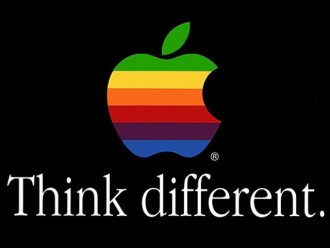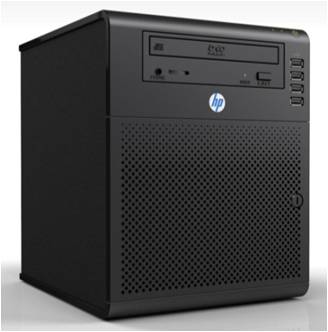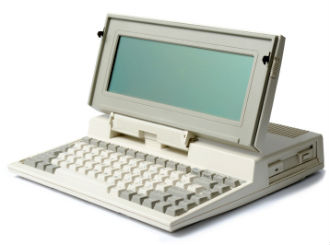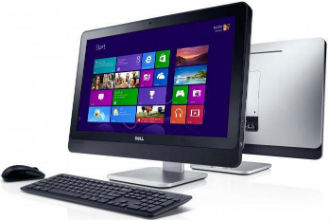 There could be a drastic cut back in the number of notebooks on the market.
There could be a drastic cut back in the number of notebooks on the market.
Word in from the Far East is that notebook ODMs, such as Quanta and Compal, have been expanding staff specifically for servers used in cloud computing data centres, their component suppliers, including thermal modules, power supplies and metal stamping, have also extended related production.
It seems likely that the manufacturers have had a gutsful of making PCs that no one wants and are seeing the future as being cloudy.
Intel’s datacentre business units had 10% growth in second-quarter revenues, while profits from the business also surpassed those of its PC business, making the datacentre centre business the CPU giant’s new main profit contributor. The trend also triggered upstream supply chains to start turning their focuses to the segment.
Choung Technology said that more than 40 per cent of its revenues contributed by server-related products. CCI ships about eight million thermal modules for servers each year, and is supplying to clients including HP, Dell, and Quanta.
Furukawa Electric also stuck its foot in the door supplying Google and Microsoft to supply products for their datacentres. The company also started sending samples to Facebook and Amazon recently, looking to expand into their supply chains.
Quanta’s server team has about 1,000 employees and is focusing mainly on the integration between software and hardware. By the end of 2015, Quanta is looking to double the team’s personnel and will continue to recruit more talent in 2016.















